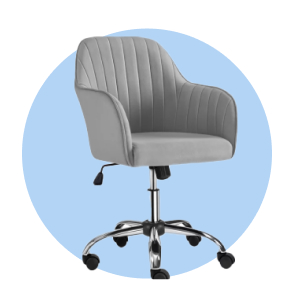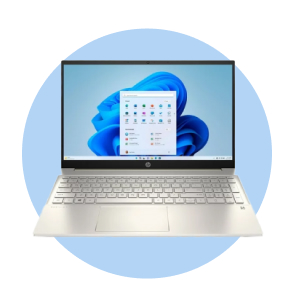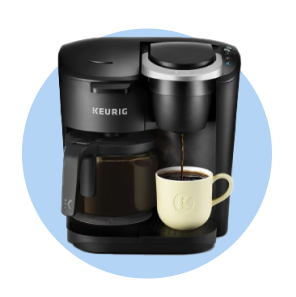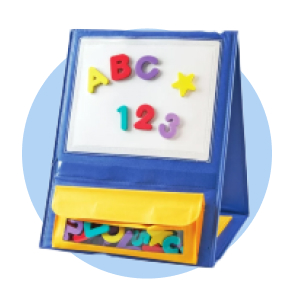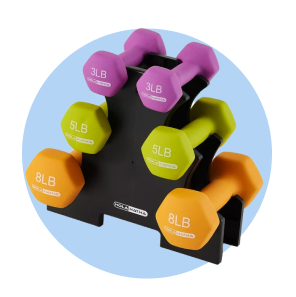
How to Build a Retail Space to Reel in Customers
It’s time to lean into layout design
Despite the vast marketplace of online retailers, consumers still enjoy the brick-and-mortar experience. Physical retail businesses are expected to see growth as long as their owners can accomplish one thing: getting customers in the door. Thankfully, that’s easier to do than you might think. When you start thinking beyond basic promotions like sales and start designing customer experiences, people will be excited to shop with you, again and again.
With that in mind, here are some retail design tips for making the right first impression on customers.

Start with the retail design basics
All retail businesses, from big box stores to small boutiques, have the same essential layout elements:
Shelving space that holds available merchandise inventory
Permanent fixtures or furniture that enhance the physical space
Display space that highlights products and promotions
Checkout space where customers finalize orders and can make final impulse purchases
A lot of thought should go into how best to arrange these elements, but it’s also vital to think about the space between them. Customers will need to navigate across aisles or gaps between displays. Carefully crafted sightlines can direct attention to high-value displays. A well-placed speed bump display can attract customer attention and drive sales. With the right balance, retail spaces can be more than places to carry out transactions—they can be enjoyable experiences.

Choose a functional & attractive layout
Retail design begins with choosing the right layout. While the specifics will vary depending on available floor size and space, the goal should be to balance aesthetics with functionality. Here are some options:
Grid: The standard retail layout organizes aisles into a grid pattern, filling each available wall and shelf with inventory. Grids strike a balance between merchandise volume and visibility, ensuring customers can quickly find anything they need.
Loop: The loop or racetrack design sends customers on a single path through the entire store, ending at the checkout counter and exit. By guiding foot traffic, you ensure that customers see every product and display your store has to offer. As a bonus, loops are excellent branding opportunities—you can manage the entire shopping experience from start to finish.
Free-flow: For a smaller, intimate shopping experience, boutiques often turn to free-flow layouts. While this design is less space-efficient than grids and loops, it promotes exploration and staff interactions. As a result, customers often feel more comfortable, which encourages browsing and repeat visits in equal measure.

Put products in their place
Choosing where to feature your products can have a major impact on your long-term sales. We could spend all day discussing the scientific research on the topic, but for now, here are some key lessons any business can benefit from:
The decompression zone—the region immediately inside a store’s entrance—can drive impulse sales.
Items at eye level on a shelf tend to attract more attention from customers, which makes it an ideal place to put featured products.
When frequent purchases and essentials are at the back of a store, customers are more likely to consider picking up other items along the way.
At checkout, employees can offer one final upsell to customers, from simple snacks to a limited-time promotion.
Find lights that feel nice
Retail lighting can accomplish many things besides simply letting customers see what’s on offer. Light sources and color can influence the entire shopping experience. That being said, there’s more to lighting than putting a light bulb in a ceiling fixture. To get more out of your light sources, keep the following details in mind:
Ambient lighting: Ambient refers to background light that sets customer expectations when they enter a space. This lighting should be consistent through the entire store, typically around 20–40 footcandle (fc).
Accent lighting: While ambient lights set the scene, brighter accent lighting gives customers something to focus on. These lights can have a practical use of highlighting a product display, but they also have aesthetic value, especially when paired with attractive fixtures.
Color temperature: Every light source has a color temperature that generates warm or cool feelings when observed. In general, 3000 to 3500 Kelvin is ideal for retail, but you might consider 4000 or hotter to create a high-energy atmosphere. Remember that you can have different color temperatures in different areas, such as a changing room, to put products in their best light or influence customer moods.
Lean into layout design with Walmart Business
Whether you’re creating a new business or updating a stale layout, Walmart Business is here to help. Our selection of office supplies, furniture, technology and decor helps owners and managers design attractive workspaces without breaking the budgets.
If you already have a Walmart Business account, you’ll get more benefits by signing up for a Walmart Business+ membership. You can save over $500 a year,1 get access to free shipping,2 earn free delivery from store for orders over $353 and get 2% back in Walmart Business Rewards for purchases over $250.4 Learn more here.
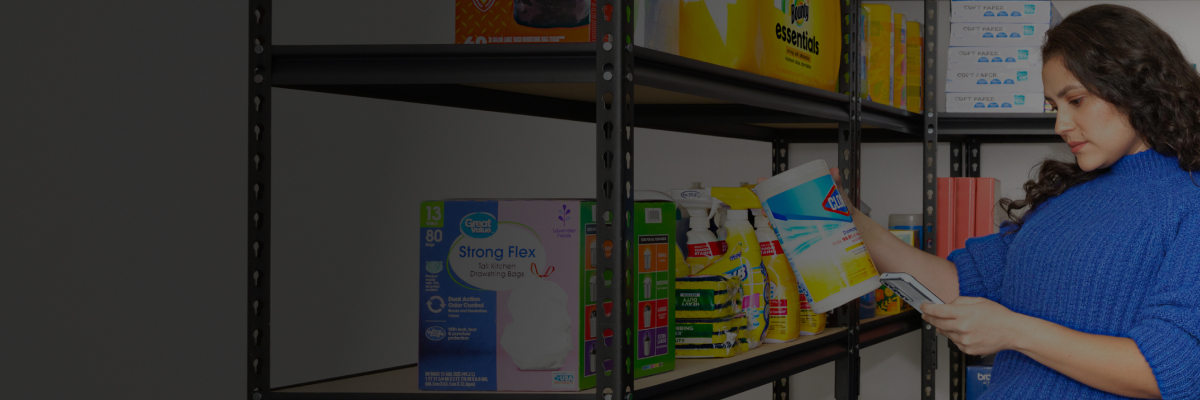
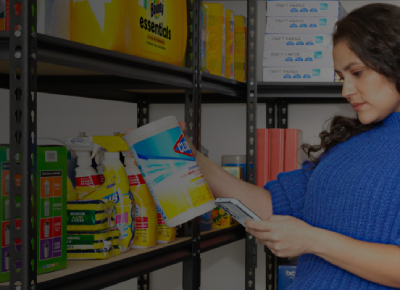
Limited-time offer
Unlock your special promo code
Stay informed on Walmart Business news & get $20 off a $100 purchase!1
1Minimum order of $100. Promo code can be used one time & may not be combined with other offers. Offer not transferable & void where prohibited by law. Customer responsible for all applicable taxes. Offer expires 12/31/2025 at 11:59pm PT. Further restrictions apply. See terms at checkout for details. Promo code offers available in limited quantities. While supplies last.
1 Savings based on 1 free $35+ delivery order vs. $9.95 fee and 1 free shipping order under $35 vs. $6.99 fee biweekly, plus 2% Walmart Business rewards on monthly order >$250 (average value of $400).
2 Excludes most Marketplace items, freight and certain location surcharges.
3 Restrictions apply.
4 Rewards can only be used toward future purchases on Walmart Business. Additional terms apply.
Exciting news awaits
Hear firsthand about new products, features & promotions.
By clicking submit, you agree to receive emails about Walmart Business and acknowledge you have read and agreed to our Terms of use and Privacy Policy.



